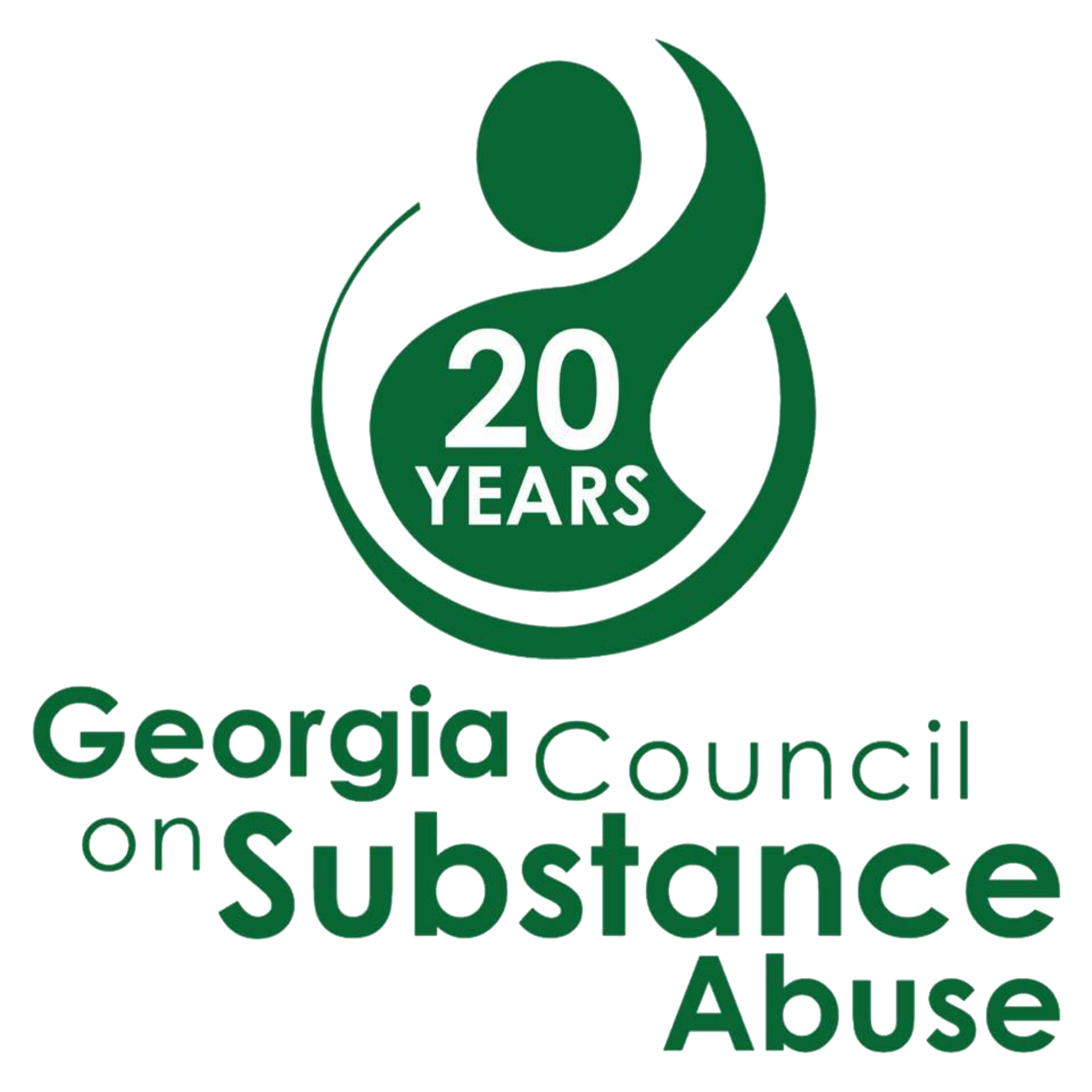Though the term “tipping point” has its origins in the area of physics, the phenomena is often used to describe social movements. It is defined as the point at which an issue, idea or product crosses a certain threshold and gains significant momentum. For those of us who believe that the recovery movement is a real thing, peer support has reached a tipping point. We are seeing more and more substance use disorder (SUD) treatment agencies employ peer supporters. Additionally, Georgia has recently launched an addiction recovery support center initiative where no less than twenty-one primarily peer-run, grassroots agencies are being developed and implemented in communities across the State.
Through a contract with the Dept. of Behavioral Health and Developmental Disabilities (DBHDD), the Georgia Council on Substance Abuse (GCSA) has trained 585 individuals, many of whom are working in the behavioral health system in a variety of capacities. These peer supporters are called Certified Addiction Recovery Empowerment Specialists or CARES.
GCSA employs over 35 CARES at any given time in full-time positions. We have an agency filled by people with lived recovery experience and we believe that through being intentional and consistent, we have developed a recovery-positive organization. We also make our share of slipups, but just keep moving forward with our recovery at the center of all we do. Below are a few tactics that we have deployed in working to live our recovery values.
First, our approach is to always have more than one CARES working at an agency as a peer supporter. We talk about this a lot in the CARES Academy and how important it is to have more than one peer working at an organization that is offering peer support. Each individual who comes to you for help may not connect with the one peer you have hired. Having another person to join with or affiliate with is so much better. When the peer is on vacation or not available, the individual has to go without that support. Having more than one peer on staff shows that you view peer support as a priority and value their role at your facility. We have come to realize that the support peers can provide to each other in these work settings is also invaluable. A colleague in recovery can hear and understand our experiences relating to providing peer-support often helps those providing the services process the experiences and the impact on their recovery, and their psychological and emotional well-being.
Secondly, it is really important to have a well-defined job description for a CARES with specific and clear duties detailed and that begins with the title. We have seen many position descriptions where a CARES (peer supporter) is called a “peer counselor” and we do not recommend that. Calling a peer supporter a ‘counselor’ is confusing to the peer supporter and the peer they are working with. What we do is not about counseling or using clinical expertise to help someone change. What we do is walk alongside our peers as they go along their recovery journeys. We use our lived recovery experience as the basis of our relationship and we create space within our peers can figure out where they want to go. And when indicated by the peer, we work with them on their internal motivation to change and always assume that they are the experts in their own lives.
Thirdly, supervising CARES in a recovery-focused, strengths-based way is really important. Providing regular feedback is essential. We ascribe to the following:
Don’t wait until there is a problem to tell people how they are doing.
Always start with what’s going well – what’s right in the job performance.
Use the same criteria as you used to hire the individual to provide performance support.
If the position expectations have changed, let the peer know before judging/rating them.
When the positions are new, work with the individual in re-defining the expectations.
Include the individual in solution determination.
We recognize that CARES will have performance issues just like any other employee. In that case, we:
Let them know when they have engaged in behavior that is unacceptable.
Always start with what’s going well – what’s right in their job performance.
Clearly identify the behavior that crossed the line.
Have a conversation – ask the peer what happened, and let them know what went off track.
Always have these conversations with another person present.
Provide the feedback in writing (after the conversation) when appropriate.
For peer supporters to have the impact they are capable of within an organization, it is necessary to be strategic, thoughtful and cognizant of the nature of that impact and what it means for overall operation. We believe that people with lived recovery experience will augment any organization whose goal is to authentically reach out to individuals seeking or trying to maintain recovery.
The Georgia Council on Substance Abuse is a long-standing non-profit organization with a mission to increase the impact of recovery in Georgia’s communities through education, advocacy and training. We accomplish this mission through hiring and retaining a strong peer workforce comprised of diverse individuals working in concert to spread a message of hope.

